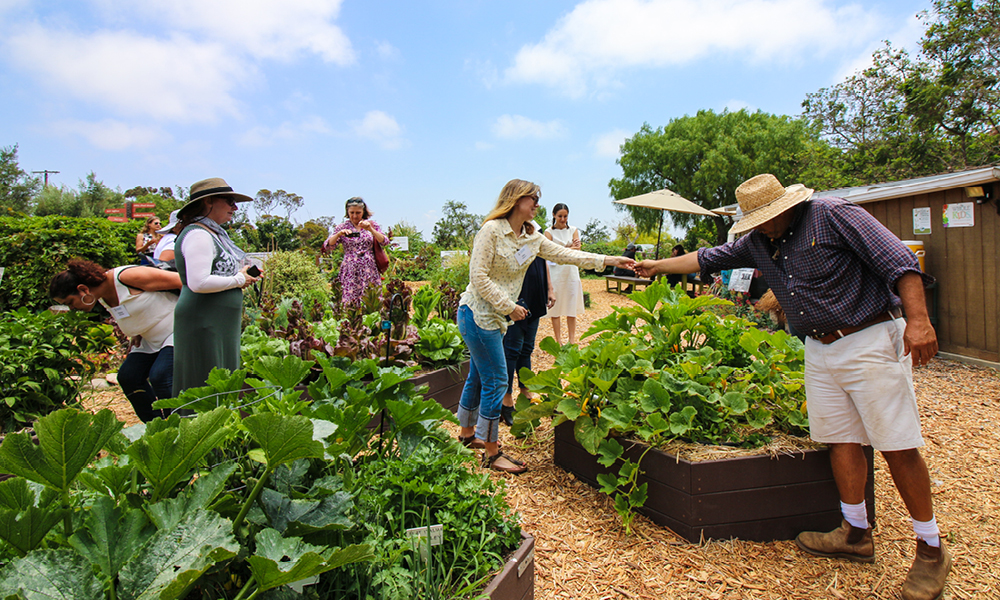Imagine not knowing where your family’s next meal is coming from. Unfortunately, that’s a reality for more than a million San Diegans and millions more Americans.
Defining Food Insecurity
Food insecurity is “a lack of consistent access to enough food for every person in a household to live an active, healthy life.” Sometimes this is only a temporary situation, but it can also be long term.
It’s important to recognize that the problem of food insecurity is often tied to other issues like a lack of affordable housing, low-wage jobs (or long-term unemployment), high medical costs and acute health problems. These social determinants of health together can all contribute to a wide range of health outcomes and risks.
Lacking access to food is part of a risky cycle that could be difficult to overcome without addressing some of the other social issues that low-income people face.
Causes of Food Insecurity
Access to food is a basic need but when money is tight, a sudden layoff, car repair or health emergency can create the difficult choice between buying food or covering the bills.
Choices like this can be incredibly stressful for heads of households and create learning or growth issues for children who are undernourished.
There’s no denying that in nearly every case where lack of food access is experienced, a low household income is the root cause – whether family members are unemployed or working a low-wage job. According to American Action Forum, “low-income households were 2.6 times more likely than the average American household to be food insecure.”
Race also plays a role in food insecurity in America. Historic discriminatory policies have left Black communities consistently facing hunger at a higher rate than whites due to a long list of social, economic and environmental challenges.
African American households face hunger at twice the rate of white, non-Hispanic households. In fact, national data shows that in 2020, 1 in 5 Black individuals may have experienced food insecurity.
Food and Nutrition Insecurity in San Diego
The numbers in San Diego are no better. Statistics from the San Diego Hunger Coalition show that 1 in 3 San Diegans is nutrition-insecure, or unable to provide three nutritious meals a day for themselves and/or their families.
Due to the high cost of living in San Diego, even families where at least one parent is employed rely on food banks and other resources to put food on the table. In some cases, both parents work, but simply cannot make ends meet.
Military families, seniors and people of all races and ethnicities are struggling with getting enough food in San Diego. In March 2021, the San Diego Hunger Coalition found the following rates of nutrition insecurity in San Diego County:
- Total nutrition insecure population: 1,034,579; 31% of total population (3,347,270), or 1 in 3 people
- Nutrition insecure adults: 604,005; 28% of total adult population or 1 in 3 adults
- Nutrition insecure children: 284,518; 39% of total child population or more than 2 in 5 children
While these numbers may be striking, there are even greater rates of nutrition insecurity among those who identify as Black, Indigenous or Persons of Color (BIPOC), according to the San Diego Hunger Coalition.
In 2019, 25% of the general population in San Diego County was nutrition insecure. However, during the same time period, 44% of the Black population, 37% of the Indigenous population and 44% of Hispanic/Latinx were nutrition insecure.
Ways to Help
If you’re in the San Diego area, there are many ways to help, from volunteering at your local food bank or delivering food for a nonprofit meal service, donating money or food, or supporting other local efforts.




